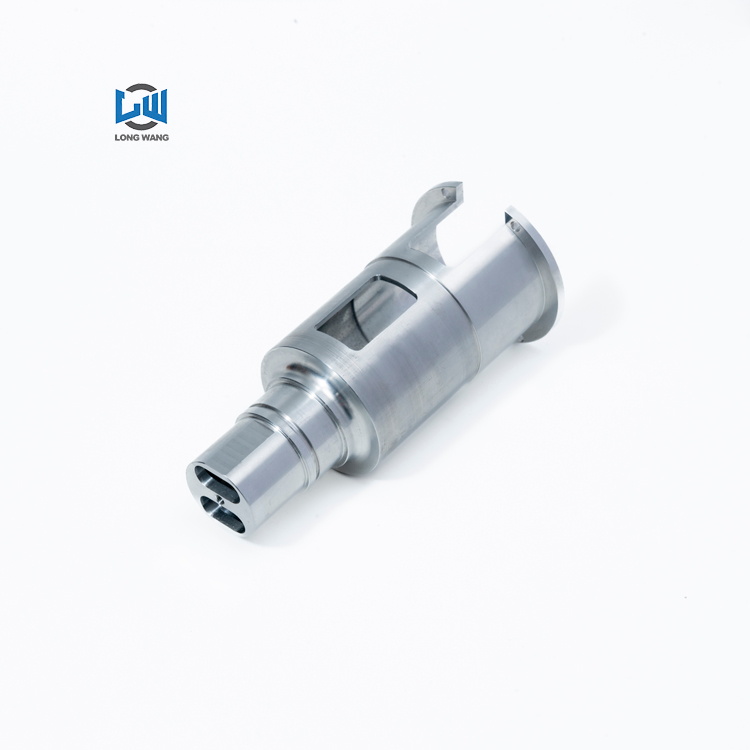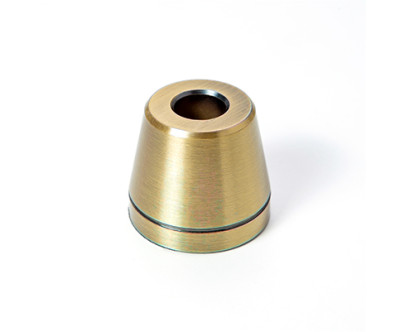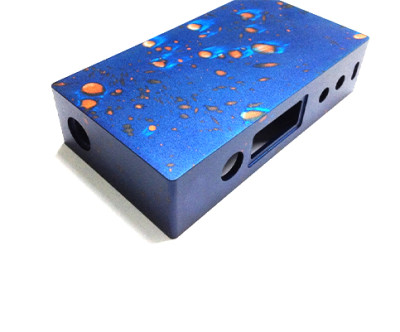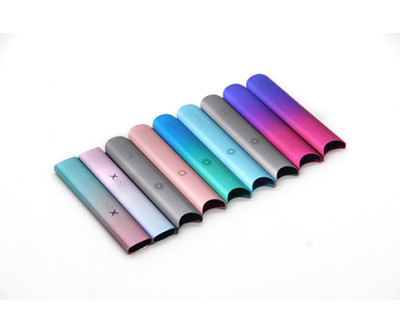Aluminum Sleeve Housing: The Modern Choice for Diverse Industries
In the dynamic landscape of modern manufacturing, where efficiency, durability, and sustainability are key priorities, aluminum sleeve housing has emerged as a preferred solution across various sectors. From electronics to automotive, aerospace to industrial automation, the versatility and performance of aluminum sleeve housing are driving innovation and setting new standards. Let’s explore how this material is making a significant impact in diverse industries.
Lightweight Strength with a Sustainable Edge
Aluminum sleeve housing offers a unique blend of lightweight strength and durability that makes it an ideal choice for modern manufacturing. Aluminum, known for its high strength-to-weight ratio, provides robust protection without adding unnecessary bulk. This characteristic is particularly crucial in industries like automotive and aerospace, where reducing weight can significantly enhance fuel efficiency and performance.
Moreover, aluminum’s excellent thermal conductivity makes it an excellent choice for applications where heat dissipation is critical. For example, in electronic devices, aluminum housings can effectively manage heat, ensuring optimal performance and longevity of sensitive components. Additionally, aluminum’s recyclability aligns with the growing emphasis on sustainability, making it a preferred material for environmentally conscious manufacturers.
A World of Applications
The versatility of aluminum sleeve housing is evident in its widespread use across multiple industries. In the electronics sector, aluminum housings protect delicate components from environmental factors such as dust, moisture, and electromagnetic interference. Whether it’s a computer server in a data center or a consumer electronic device, aluminum provides a durable and aesthetically pleasing enclosure.
In the automotive industry, aluminum housings are integral to the protection of critical components like battery systems. Their lightweight nature enhances fuel efficiency and overall vehicle performance. Similarly, in aerospace applications, aluminum housings safeguard essential electronics and systems, ensuring reliability and safety at high altitudes.
Industrial automation also benefits from aluminum sleeve housing. Robust and corrosion-resistant, aluminum enclosures protect control panels and robotic systems from harsh industrial environments. Their durability ensures minimal maintenance and long-term reliability, crucial for continuous operation.
Precision Engineering and Customization
The manufacturing of aluminum sleeve housing relies on advanced techniques such as CNC machining to ensure precision and quality. These processes allow for high accuracy and repeatability, essential for producing components that meet stringent industry standards. For example, CNC machining can achieve tolerances as tight as ±0.01mm, ensuring that every housing fits perfectly and functions reliably.
Customization is another key advantage of aluminum sleeve housing. Manufacturers can tailor housings to meet specific requirements, from size and shape to surface treatments. This flexibility allows companies to create solutions that perfectly match their needs, whether it’s a standard housing for mass production or a bespoke enclosure for a unique application.
Driving Industry Growth
The market for aluminum sleeve housing is experiencing steady growth, driven by increasing demand across various sectors. The global market for cable shielding sleeves, for example, is projected to reach $3.1 billion by 2032, with a compound annual growth rate of 5.22%. This growth is fueled by expanding infrastructure projects, the rise of high-speed communication technologies, and the growing adoption of renewable energy solutions.
In the automotive and aerospace industries, the shift towards electric and hybrid vehicles is driving the need for lightweight, high-performance materials like aluminum. In electronics, the demand for compact yet powerful devices continues to grow, making aluminum housings an essential component in modern design.
A Sustainable Future
Aluminum’s recyclability is a significant factor in its growing popularity. The recycling process for aluminum consumes only a fraction of the energy required to produce new material, making it a highly sustainable choice. This environmental advantage, combined with aluminum’s durability and performance, positions it as a material of choice for future-focused manufacturers.
Conclusion
Aluminum sleeve housing is more than just a material choice; it’s a strategic decision that enhances performance, drives efficiency, and supports sustainability. From protecting sensitive electronics to ensuring the reliability of critical automotive and aerospace components, aluminum offers a versatile and robust solution. As industries continue to evolve and demand more from their materials, aluminum sleeve housing stands out as a modern, reliable, and sustainable choice. Whether in the heart of a bustling data center or soaring through the skies, aluminum is proving its worth as a material of the future.



